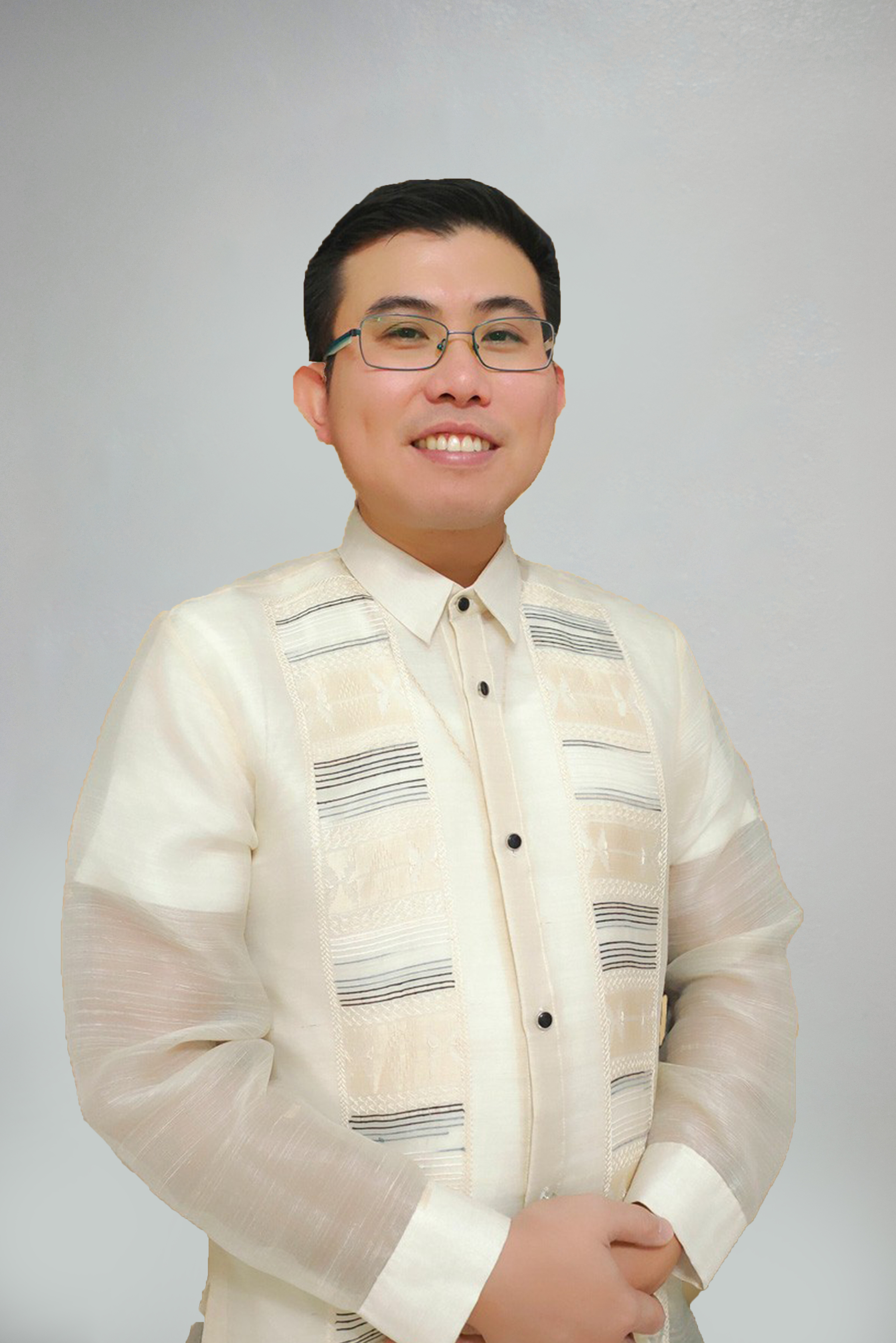 Risk-based Thinking in the Age of Disruption
Risk-based Thinking in the Age of Disruption

By Floyd C. Paguio
"NO plan of operations extends with any certainty beyond the first encounter with the main enemy forces."
– Helmut von Moltke the Elder
The idea behind the saying, now commonly shortened to "no plan survives first contact with the enemy,"
and also attributed to other military minds like Dwight Eisenhower and Carl von Clausewitz, is not to
encourage leaders to abandon planning. The point, rather, is to keep leaders aware that plans should
not be set in stone.
In other words, plans should contain room for flexibility, adjustments or iterations to overcome uncertainty.
The best is one that allows mid-level leaders to improvise and make decisions as they see fit, without compromising
strategic goals, in an environment where things move faster than the organization's ability to digest matters.
Obviously very difficult, but difficult does not mean impossible.
We are all witnesses to how our once-familiar world has been turned upside down, how our sense of the world as a
predictable place became unhinged over the last two years. First was the Covid-19 pandemic: for two years, the world
was forced to hunker down until vaccines were developed. Global commerce and trade came to a halt. Global supply
chains were thrown into chaos, the effects of which we continue to endure.
And just as when we thought the pandemic was ending, Russia launched what it called a special military operation in
Ukraine, sending prices of commodities from wheat to coal skyward, threatening to destroy what was left after the
Covid-19 pummeling of Global South economies.
A little over five months after the start of the conflict, which inevitably became a proxy war between the West and
Russia, the geopolitical winds headed to Taiwan and raised the real possibility of direct confrontation between the US
and China. US House Speaker Nancy Pelosi's early August visit triggered outrage from China, which considers Taiwan as a province.
The Taiwan issue made already tense trade relationships between the world's two biggest economies suddenly ripe for a full-blown
economic war. It started in 2018 under then-President Donald Trump and was sustained by President Joe Biden, who has targeted China's
ability to access cutting-edge semiconductor technology. How semiconductor giants in South Korea, Taiwan and Japan adjust remains a
serious strategic challenge because China accounts for more than 50 percent of the global semiconductor market.
All these events fostered what management experts call VUCA, which stands for volatility, uncertainty, complexity and ambiguity.
VUCA, a concept that arose at the end of the Cold War, has again come to the forefront, and the question for businesses is how to
survive in the current environment.
There are many tools and strategies that leaders can use to overcome the serious challenge that VUCA poses. Some of these are the
Three Horizon, SWOT and PESTLE frameworks, among others. Leaders may have to adopt a combination of strategies to navigate the
treacherous waters, but a disciplined focus on risks can simplify the problem. In strategic planning, it is important for leaders
to communicate what the risks are to all levels of the organization and help everyone build a common understanding of those risks.
An increasing number of organizations in our country have adopted ISO management systems. Most transnational companies have systems
aligned with and certified to ISO standards, including the QMS 90001 and EMS 14001. While many local companies pursue ISO certifications
to comply with client requirements, I believe most will benefit from what these management systems offer in terms of ensuring that organizations
develop strategic plans using risk-based thinking.
In the age of disruption, VUCA is the new normal. With risk-based thinking integrated in planning and with leaders becoming more familiar with risk
as a normal and even necessary part of planning, disruptions will become less disorganizing.
Floyd C. Paguio, CPA, MBA is the Chairman and Chief Executive Officer (CEO) of Paguio, Dumayas & Associates, CPAs (PDAC),
the Philippine Member Firm of PrimeGlobal International. He is also the Chairman and Managing Director of Philippine Review Institute for
Accountancy (PRIA), a CPA review school in the southern part of Metro Manila. He is a member of PICPA and currently a member of the committees
on Quality Assurance Review (QAR) and Media Affairs. The views and opinions of the author do not reflect in any way those of these organizations.
Source: Risk-based Thinking in the Age of Disruption - Manila Times